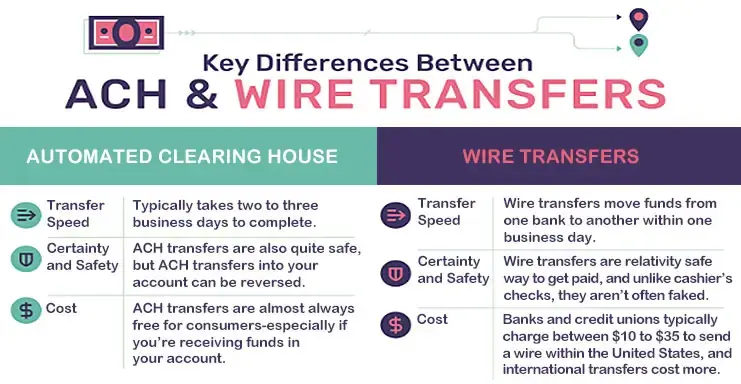Avoiding Scams
1. Ask for a tour to see what their response is.
• If they’re willing to give you a tour, chances are the listing is legitimate.
• If they make up a long, over-the-top excuse of why you can’t take a tour, it’s likely a scam.
2. Ask how much they charge for upfront costs.
• Scammers have expensive background checks of $40+, cleaning fees of $300+, application fees of $100+, etc.
• If the monthly rental rate is significantly lower than the average market rate for similar units, and "it’s too good to be true,” it may be a scam.
3. Looking at the overall advertisement is a good indicator of a scam.
• Scammers won’t use a lot of pictures, they won’t add a description and some have poor grammar.
• Check for watermarks on the listing pictures. If the watermark does not match the property management company on the listing, it’s likely a scam.
• Check for inconsistencies in the listing pictures – if one picture shows a view of the kitchen from the living room with dark cabinetry and then another picture of the kitchen shows white cabinetry, it’s likely a scam.
4. Make sure there is a lease in place signed by both parties before making a payment.
• The lease should include monthly rent, list all fees, and the refundable security deposit amount.
5. Verify the address to the owner of the rental and check for copied listings. The property owner’s name is a matter of public knowledge – accessible through the applicable county assessor’s website.
6. Speak to them on the phone once to make sure the phone number is valid, but try to get most communication in writing.
7. Rent from reliable property management companies or accredited resources.
• If you are particularly worried about fraud or moving into an apartment sign-unseen, renting from a large and well-known property management company may be your best bet. Larger properties generally have trusted leasing agents and follow a set procedure so you can make sure you’re not being scammed.
8. Scammers will ask you to wire money instead of an electronic transfer. Here are the differences between them:
